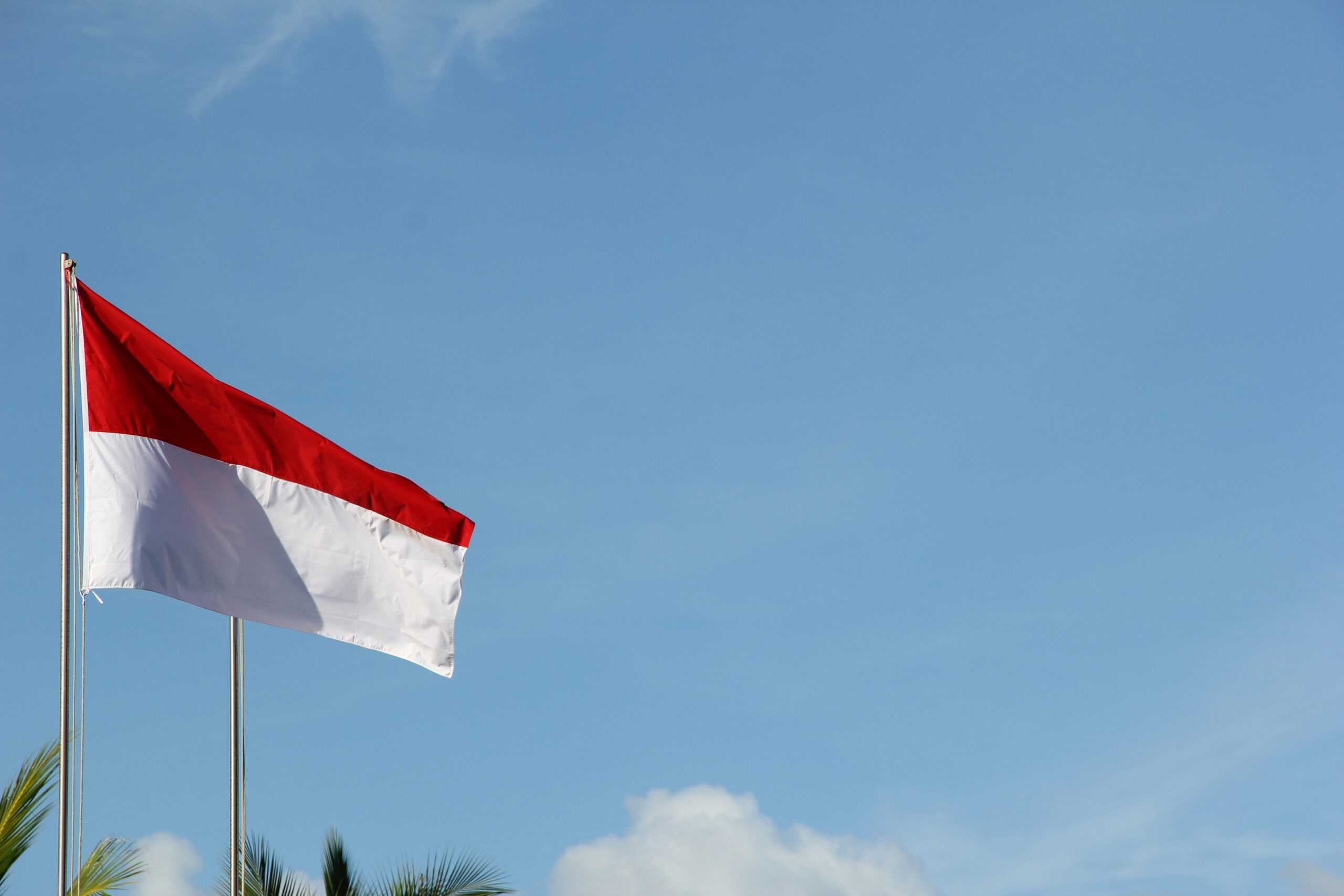
The Indonesian Financial Services Authority (OJK) has announced a significant move towards embracing innovation within the financial sector, particularly focusing on crypto assets. As part of its strategy to foster the growth of new products and services while ensuring consumer protection, the OJK mandates that local financial institutions aiming to introduce novel offerings, including those related to crypto assets, must participate in a regulatory sandbox. This structured environment will serve as a testing ground for upcoming innovations, allowing them to be rigorously evaluated before being launched on a wider scale.
Navigating New Territories: The Regulatory Sandbox
The concept of a regulatory sandbox is not new but is increasingly becoming a crucial tool for countries looking to strike a balance between innovation and regulation. For a set period, businesses are allowed to experiment with inventive products or services under the regulator’s watchful eye. This approach is especially pertinent to the dynamic and rapidly evolving crypto sector, where the risk of fraudulent investments is a significant concern.
Hasan Fawzi, the head of the OJK’s supervision of financial sector technology innovation, underscored the inclusion of crypto assets in the sandbox as a proactive measure against fraud. Fawzi’s statement to local news outlet DetikFinance highlighted the OJK’s commitment to consumer protection and the pivotal role of regulatory mechanisms in preventing investment scams.
A Shift in Governance
Starting January 2025, the OJK is set to take the reins of crypto industry regulation from the country’s commodities agency, Bappebti. This transition could potentially see crypto assets being reclassified from commodities to financial instruments, reflecting their multifaceted role in Indonesia’s financial landscape.
The Crypto Surge in Indonesia
The Indonesian crypto market has seen remarkable growth, further fueled by the election of a pro-crypto vice president, Gibran Rakabuming Raka. Raka’s election campaign promises included the nurturing of local talent in blockchain, crypto, artificial intelligence (AI), and cybersecurity to bolster Indonesia’s digital economy.
2023 marked a milestone with the launch of the Indonesian Crypto Asset Futures Exchange, the country’s first and only legal platform for digital asset exchanges. This initiative, along with ongoing blockchain trials in public services, signifies Indonesia’s commitment to integrating digital currencies into its economic framework.
Rethinking Taxation
In light of the burgeoning crypto scene, Indonesian officials are contemplating a revision of the dual taxation system currently applied to crypto transactions. The existing framework imposes a 0.1% capital gains tax and a 0.11% value-added tax (VAT) on crypto dealings. A reevaluation could potentially ease the tax burden on crypto transactions, making the sector more attractive to investors and users alike.
| Event | Details |
|---|---|
| Regulatory Sandbox Implementation | OJK requires crypto-related innovations to undergo sandbox testing. |
| Governance Shift | Regulation of crypto industry transitions to OJK in January 2025. |
| Crypto Classification | Potential reclassification of crypto assets as financial instruments under OJK. |
| National Crypto Exchange Launch | Indonesian Crypto Asset Futures Exchange inaugurated in 2023. |
| Taxation Review | Officials consider revising the dual taxation on crypto transactions. |
Indonesia’s strategic embrace of a regulatory sandbox for crypto assets illustrates a forward-thinking approach to financial innovation. By providing a controlled environment for testing, the OJK aims to nurture the growth of the crypto sector while safeguarding investors from potential risks. This initiative, coupled with regulatory transitions and supportive tax reforms, positions Indonesia as a burgeoning hub for digital asset innovation in the global landscape.
As the country continues to explore the vast potential of cryptocurrencies and blockchain technology, the establishment of a robust regulatory framework will be crucial in ensuring sustainable growth and fostering trust among consumers and investors. Indonesia’s journey towards becoming a leader in the digital economy is well underway, with these regulatory advancements marking significant steps forward in achieving that vision.
Featured image credit: Nick Agus Arya via Unsplash
